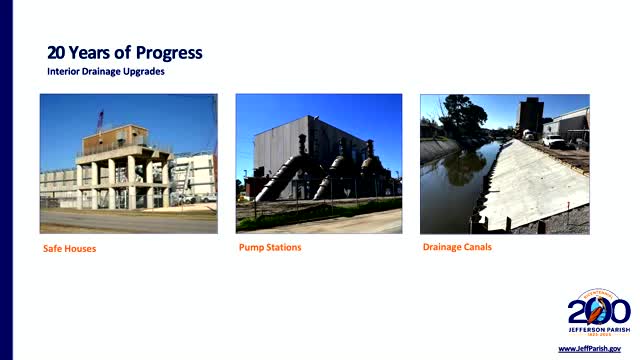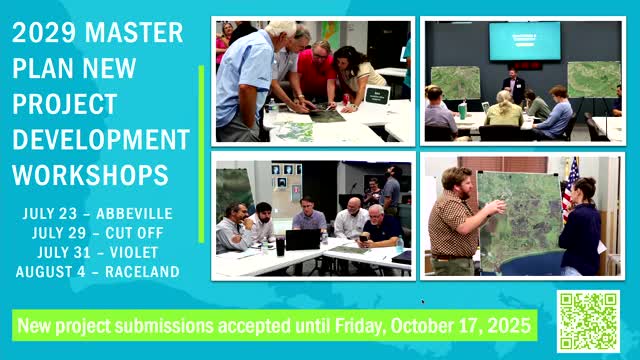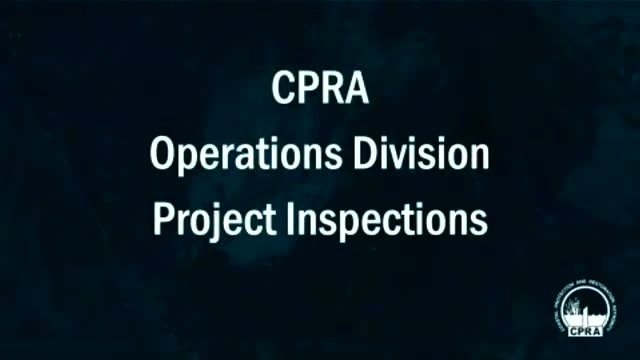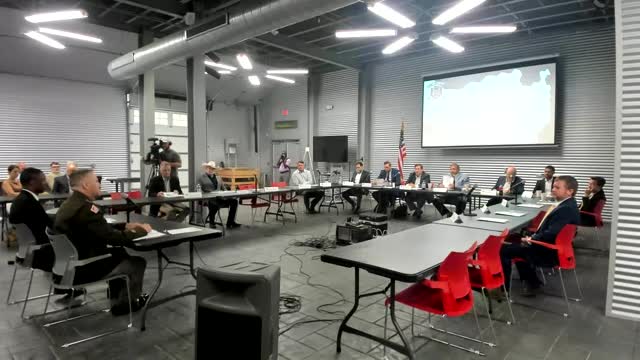Article not found
This article is no longer available. But don't worry—we've gathered other articles that discuss the same topic.

Parishes describe pump‑station upgrades, marsh creation and local restoration priorities

Chandler Island survey finds record Kemp's ridley nesting; Shell grant funded work, CPRA says

CPRA operations chief outlines levee inspection, technical assistance and monitoring systems

